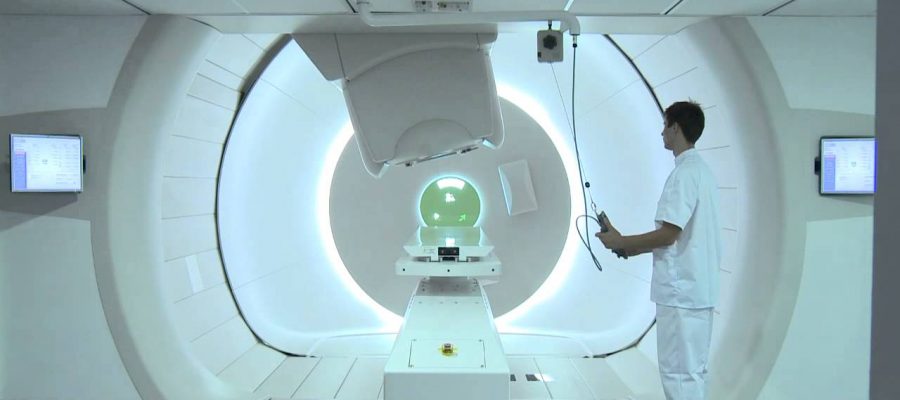By: Yoojeong Jaye Han Rising health care spending is a source of concern in the U.S. With new, high-cost health care technology, paying higher prices for the use of new technology without considering cheaper, equally effective alternatives leads to inefficient spending. This Note focuses on proton beam therapy (“PBT”) for treatment of prostate cancer to explore several causes that contribute to high health care spending in the U.S. In treating prostate cancer, PBT has not been shown to be more effective than its cheaper alternative, IMRT. Yet, investors and many states continue to encourage its use for prostate cancer. This Note argues that inefficient use of PBT increased because existing standard for review of new health care technology and its reimbursement often suggest new health care technology will be reimbursed at a prime rate. Hence, private investors fueled the development of PBT Centers indiscriminately, expecting a high return on their investment. Then, this Note proposes several ways to encourage a more efficient use of PBT. Download Full Article (PDF) Cite: 18 Duke L. & Tech. Rev. 369



